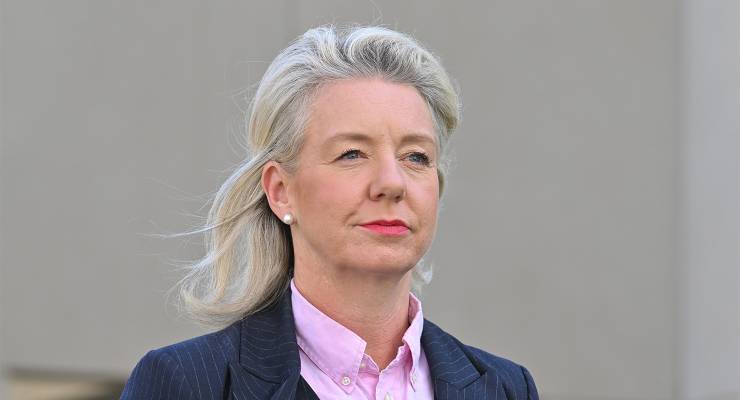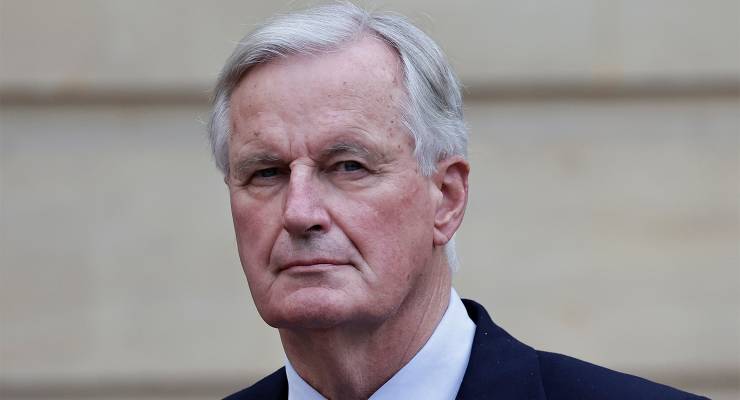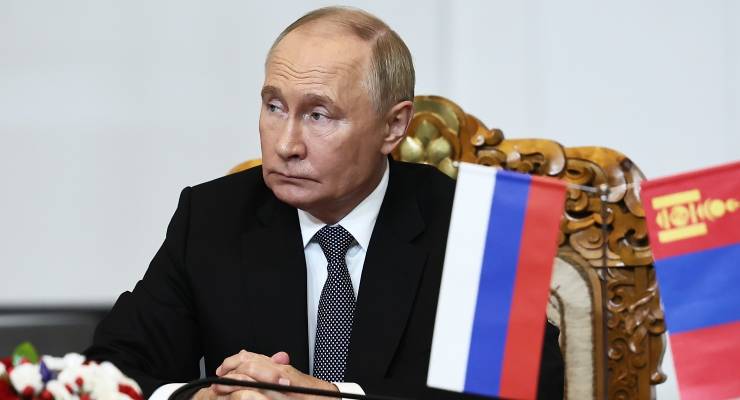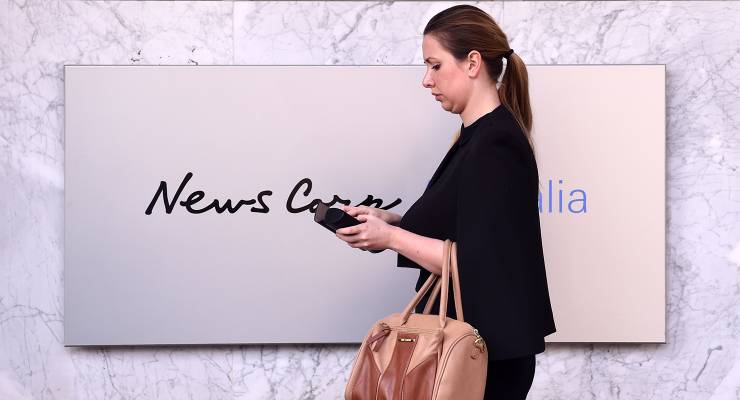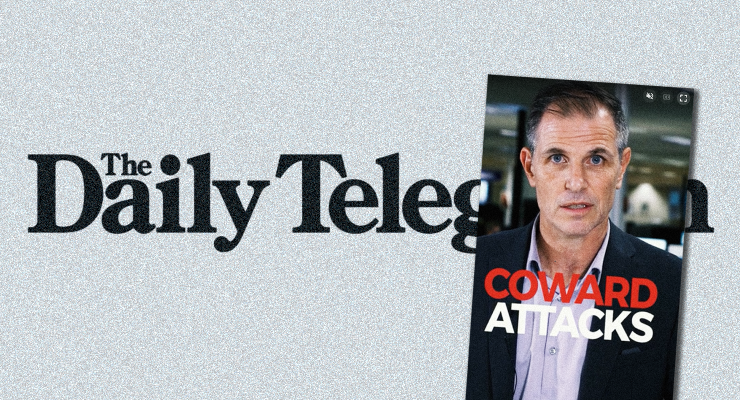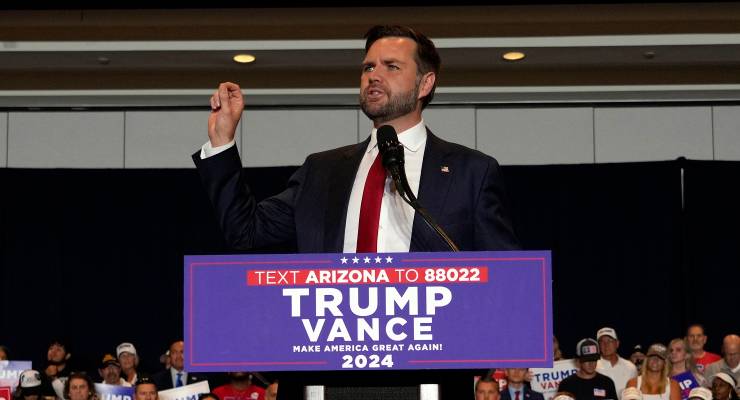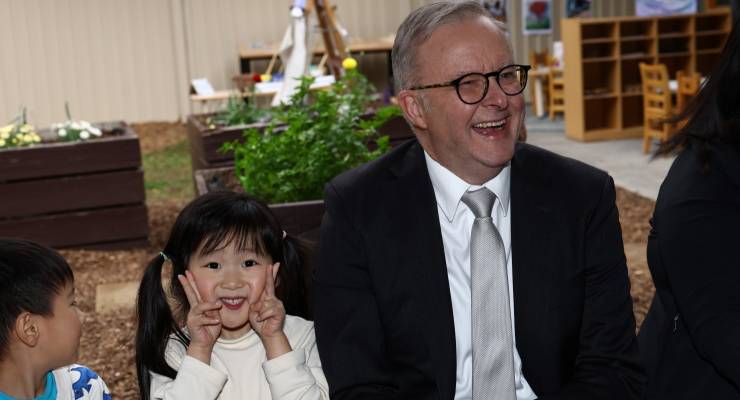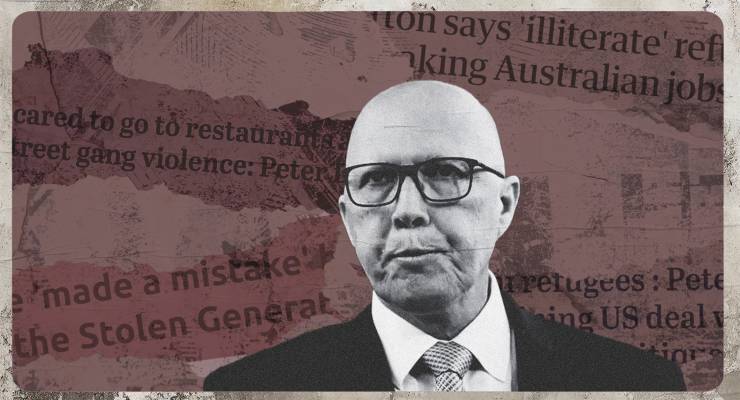It's not just JD Vance, and it's not just the US. Almost 30% of countries globally now have pronatalist policies — up from 10% in the 1970s.
JD Vance has long been concerned with declining fertility rates.
From decrying “childless cat ladies” to suggesting parents should have more of a say in the democratic process than childless voters, the Republican candidate for vice president of the United States has made the issue a cornerstone of his platform since he launched his political career in 2021.
But Vance is not alone in these views. His stance reflects that of many politicians and thought leaders around the world.
At the global level, we are witnessing the resurgence of a form of coercive pronatalism in the face of declining fertility rates.
From China to Turkey, pronatalism is on the rise
Almost 30% of countries globally now have pronatalist policies — up from 10% in the 1970s.
Two years ago, the Chinese government intensified its volte-face on the one-child policy, introducing pronatalist incentives and discouraging abortion in order to address a declining birth rate.
Recently, Vladimir Putin reinstated the “Mother Heroine” award for Russian women who have 10 or more children.
When German-Turkish footballer Mesut Özil married model Amine Gülse in 2019, Turkish President Recep Erdoğan, a witness at the ceremony, urged the couple to have at least four children. (So far, they’ve had two.)
And in 2017, Hungarian Prime Minister Viktor Orbán described the restoration of natural reproduction as a “national cause”.
Others have gotten in on the pronatalist act, too — including father-of-12 Elon Musk, who has posted on X that “a collapsing birth rate is the biggest danger civilization faces by far”.
Most recently, three-time winner of the NFL Super Bowl with the Kansas City Chiefs, 28-year old Harrison Butker, made waves in a college commencement address in the US when he praised his wife for leaning into her vocation as a wife, mother and homemaker.
Pronatalists such as Vance, Putin and Orbán see nationalism, motherhood and patriarchy as inextricably linked.
To them, women are constructed as primarily bearers of the nation and carriers of national identity. It is both their responsibility and sacred duty to reproduce.
What’s worrying the pronatalists?
The resurgence of pronatalism comes at a time of declining fertility rates globally.
A 2020 study led by University of Washington researchers projected a global world population of 8.79 billion by 2100 — considerably below previous UN estimates.
To take one example that’s broadly representative of trends across the globe: Ireland’s Total Fertility Rate — that is, the average number of children born to women in their child-bearing years — nosedived from 4.03 in 1965 to 1.5 in 2023.
While today there are many more women of child-bearing age than there were 60-odd years ago, they’re having fewer children.
Today, many countries fall well below the “replacement rate” of 2.1 — the level at which the population would replace itself in the long run, ignoring migration.
That’s the case in the Global North but also across Asia, Latin America and the Caribbean.
Consider Taiwan’s total fertility rate of 1.11; Aruba’s fertility rate of 1.2; Malaysia’s rate of 1.73; Australia’s rate of about 1.7; India’s total fertility rate of 1.96; and the European Union’s fertility rate of 1.46, to give just a few examples.
Global fertility is projected to dwindle even further over the coming decades.
By 2100, just six countries are predicted to have fertility rates above replacement level.
Fertility rates are also predicted to drop below one child per woman by 2100 in 13 countries, including Bhutan, Bangladesh and Nepal.
The key factor driving this demographic transition is the behaviour of women. It’s been long-established that the more education a woman has, the more likely it is for her to enter and remain in the workforce, and to limit the size of her family. This link was first identified in the industrialised countries of the Global North, but has more recently become a global phenomenon.
There’s another reason falling birth rates tend to alarm governments. The dependency ratio — that is, the number of people in the younger age categories that can support the number of people in the older age categories through taxation, care work, and so on — is altering dramatically as a result.
Traditionally, we think of population as a pyramid structure with lots of people at the base, and progressively fewer as you move to the top. But that structure is now being inverted: low birth rates and low death rates together are combining to create major new challenges for governments.
What about immigration?
One solution to falling birth rates, in some countries, has been to promote immigration. After all, immigrants can help bolster the numbers of working-age people in a host country and also plug labour market gaps in crucial areas such as healthcare, social care, domestic labour, farm work and hospitality.
But ironically, in the context of resurgent nationalism, many countries have become more wary about free movement across borders — seeking to restrict immigration and engaging in repatriation programs.
Indeed, the popularity of pronatalist policies on the far right is in alignment with a vehemently anti-immigrant stance. Their focus is to ensure higher birth rates among the native population only. (Remember Orbán from Hungary? He strongly opposes immigration as a solution to population decline and advocates instead a program of procreative incentivisation to boost the fertility rate.)
These pronatalist and anti-immigration stances are arguably misguided in a couple of ways.
Firstly, there is strong evidence that immigrants boost economic growth and are net contributors to their host societies.
Migrants are usually younger than natives in the receiving country, meaning immigration can help with the dependency ratio and fill job gaps. They create jobs through their entrepreneurialism, and also do jobs that natives are unwilling to do.
What’s more, immigrants can also support population growth in developed countries, as their fertility rate is higher than that of natives.
Secondly, history teaches us that pronatalist policies often have the effect of weaponising childbearing for political ends, and eroding women’s health and reproductive rights in the process.
After WWI, which saw millions of lives lost, many European countries developed pronatalist policies to bolster population. For example, Stalin reversed liberal birth control and abortion rights in the 1930s in favour of promoting multiple births.
Pronatalism, racism and eugenics also lay at the very heart of the Nazi regime. In the Third Reich, German women were actively encouraged to leave the workforce and produce children for the fatherland.
And the imposition of a strict pronatalist policy by the Ceausescu regime in Romania from 1966, until the fall of the Berlin Wall in 1989, had a devastating impact on Romanian women and children.
Through a system of sanctions — including banning of abortion and birth control pills and a celibacy tax — as well as incentives — extra subsidies and rations for each new child born — the regime sought, unsuccessfully in the long term, to increase the population.
The policy underpinned the regime’s aims of maintaining a Romanian majority in multi-ethnic regions, ensuring a supply of young for military purposes and offsetting an aging population. It also resulted in impoverished families placing children whom they could not care for in state orphanages.
Today many countries are again pursuing “reproductive governmentality” and coercive pronatalism. In doing so, they’re seeking to exert social control over the choices made by women in relation to their fertility and their bodily autonomy.
But we know from history that pronatalist policies — especially those aggressively policed by the state — rarely produce the desired impact.
Rather, their unintended consequences produce both a deterioration in the health of women and a diminution in their human and reproductive rights.
Originally published under Creative Commons by 360info™.
